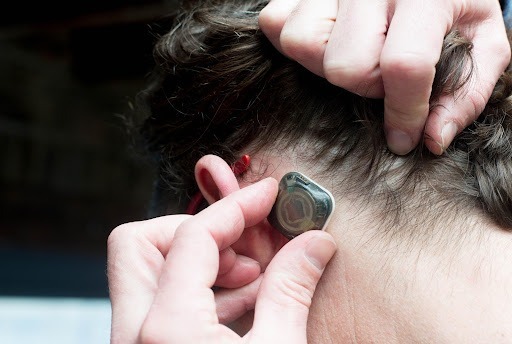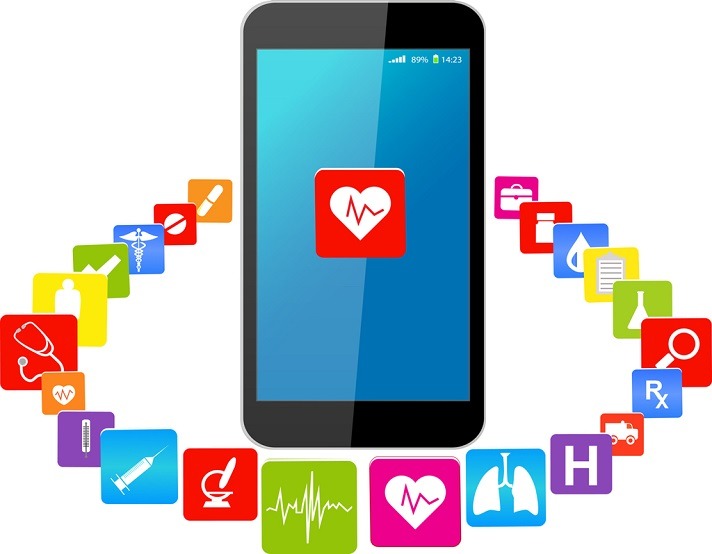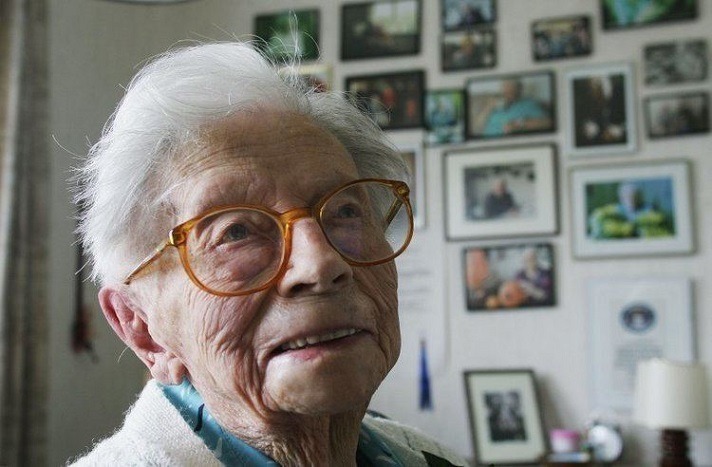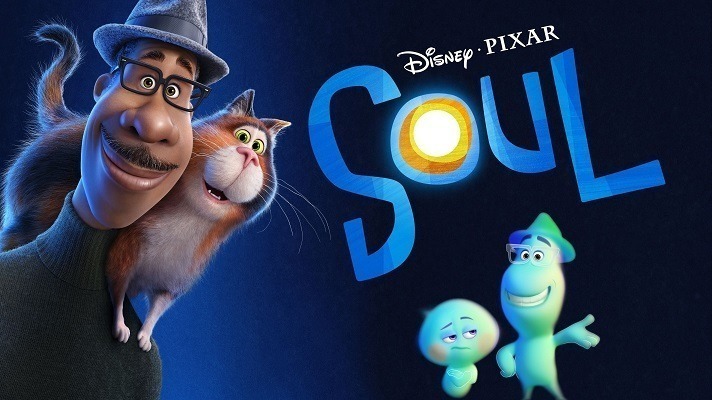Posts Tagged ‘digital health’
Wearable EEG monitoring start-up Epitel raises $12.5M to market seizure detection system
Epitel raises $12.5M for wearable seizure detection system (MobiHealth News): Epitel, maker of a wearable electroencephalogram (EEG) system for seizure detection, announced Wednesday it had scored $12.5 million in Series A funding. The round was led by Catalyst Health Ventures (CHV) and Genoa Ventures, with participation from Dexcom, OSF Ventures, Wavemaker 360, MedMountain Ventures and…
Read MoreOn physical activity, neuroplasticity, depression, screen time, neuromodulation and more
Welcome to a new edition of SharpBrains’ e‑newsletter, featuring this time eight scientific reports and industry resources plus a few fun brain teasers. #1. Study finds ultimate hack to protect teen brains from harmful screen time: Exercise (and good role-modeling): “Girls who spent less than an hour on screens and boys who spent less than…
Read MoreThe Federal Trade Commission (FTC) hardens data security rules for health apps and devices
FTC says it will fine digital health companies that don’t disclose data breaches (mobihealthnews): With data breaches on the rise, the FTC is looking to make health apps more accountable for telling patients when their data has been exposed. The FTC released a new statement specifying that all health apps that capture sensitive patient information…
Read MoreStudy: Self-guided sleep app Sleepio, combined with standard care for depression and anxiety, delivers better outcomes than standard care alone
Study backs benefit of insomnia DTx Sleepio on mental health (pharmaphorum): The study – published in the journal Behaviour Research and Therapy – tested the Sleepio app developed by digital health specialist Big Health as an add-on to standard NHS care for anxiety and depression under the improving access to psychological therapies (IAPT) policy. Patients…
Read MoreOn centenarians, memory, Mars, tDCS, ADHD, digital health, beautiful brains, and more
Welcome to a new edition of SharpBrains’ e‑newsletter, featuring ten timely resources and research findings for lifelong brain and mental fitness. #1. Let’s start with a fascinating story and study :-) Study with 330 centenarians finds that cognitive decline is not inevitable … (Henne Holstege, PhD, assistant professor at Amsterdam University Medical Center) said her interest in researching…
Read MoreOn Awe, Wonder, Biofeedback, CBSM, Virtual Reality, Privacy, Being Wrong, and more
Welcome to a new edition of SharpBrains’ e‑newsletter, this time featuring eleven timely resources and research findings for lifelong brain health and mental well-being. #1. “Awe is the feeling we experience when encountering vast things that we don’t understand. Around the world and in culturally varying ways, studies show, we experience awe in response to…
Read More





